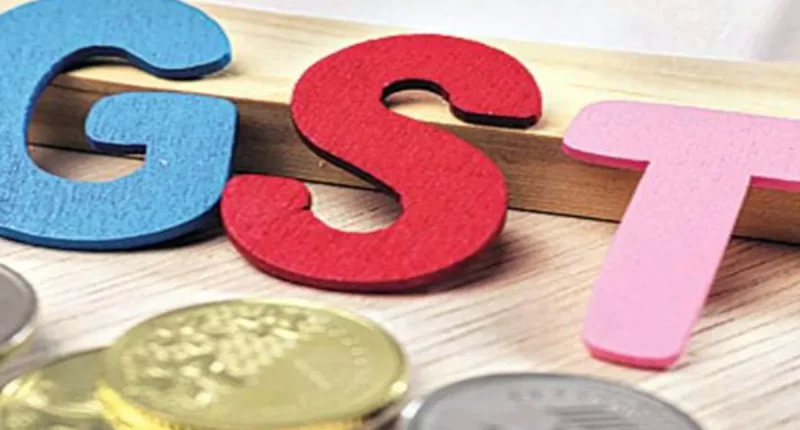The Centre plans to use the Goods and Services Tax (GST) compensation cess collected for the clean energy fund. It will act as low-cost funds for Niti Aayog’s Carbon Capture Utilisation and Storage (CCUS) policy which is in the making, quoted media reports.
It will allow India, the second-largest coal producer, to manufacture clean products by utilising the vast fuel reserves. The CCUS policy is crucial as it upholds India’s mission for net-zero carbon emissions by 2070. It will also reduce the carbon intensity of India’s economy by 45% from the earlier 2005 levels.
The policy entails capturing carbon dioxide (CO2) from industries such as iron, cement, steel, coal power, fertilisers and chemicals that are high pollutants. The companies transport the carbon by road, rail, or pipelines. After that, it is stored in oil fields underground or in deep saline aquifers. It will be consumed by industries making food, urea, methanol, polymers, and building materials.
The CCUS policy may also regulate carbon pricing and tax structure, incentives for its technology deployment, emission trading, Monitoring, Verification and Accounting (MVA) framework for CO2 emissions, R&D on carbon transportation, usage and storage measures, and technical and safety standards.
In July 2010, the government created the National Clean Energy Fund (NCEF) corpus with contributions from the clean energy cess. The Indian government imposed this cess on the coal mined within the country or imported. When the GST law got implemented in July 2017, the new tax regime subsumed the clean energy cess and, more specifically, into the GST compensation cess.
The validity of GST compensation by the Centre to states ended on 30th June 2022. Yet, the validity of levying the GST compensation cess was extended till March 2026 for replaying loans by the Centre taken during the pandemic. GST revenue collections in fiscal 2022-23 have been positive for the Centre and states. Factors such as high consumption and measures for improving tax compliance.
Carbon capture may be listed on the discussion agenda of the G20 summit expected to be held in September 2023 in New Delhi, India. The Indian parliament has passed the Energy Conservation (Amendment) Bill, 2022. It paved the way for the government to build a regulatory framework for carbon trading in India.
For any clarifications/feedback on the topic, please contact the writer at annapoorna.m@clear.in
Annapoorna, popularly known as Anna, is an aspiring Chartered Accountant with a flair for GST. She spends most of her day Singing hymns to the tune of jee-es-tee! Well, not most of her day, just now and then.




